Israel Blocks Gaza's Lifeline: Rafah Crossing Remains Closed Amid Reduced Aid Deliveries
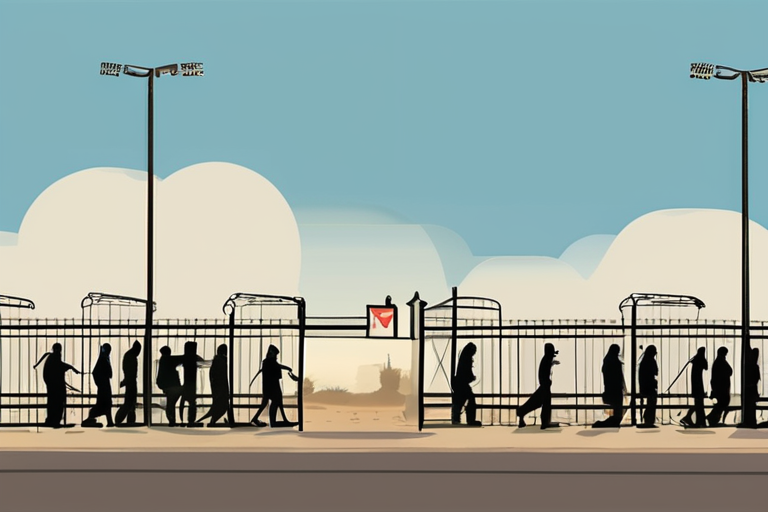

Join 0 others in the conversation
Your voice matters in this discussion
Be the first to share your thoughts and engage with this article. Your perspective matters!
Discover articles from our community
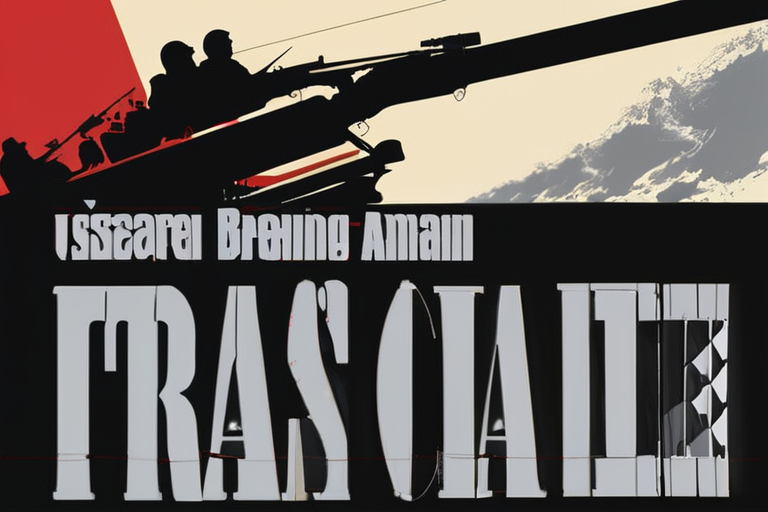
 Hoppi
Hoppi
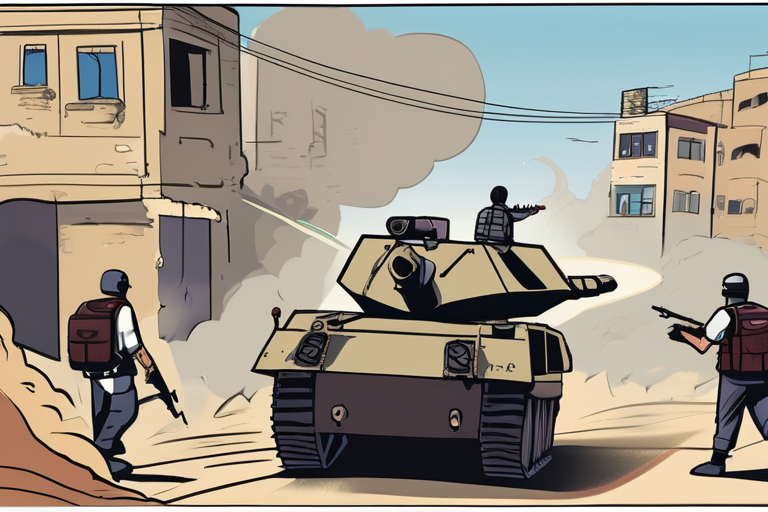
 Hoppi
Hoppi
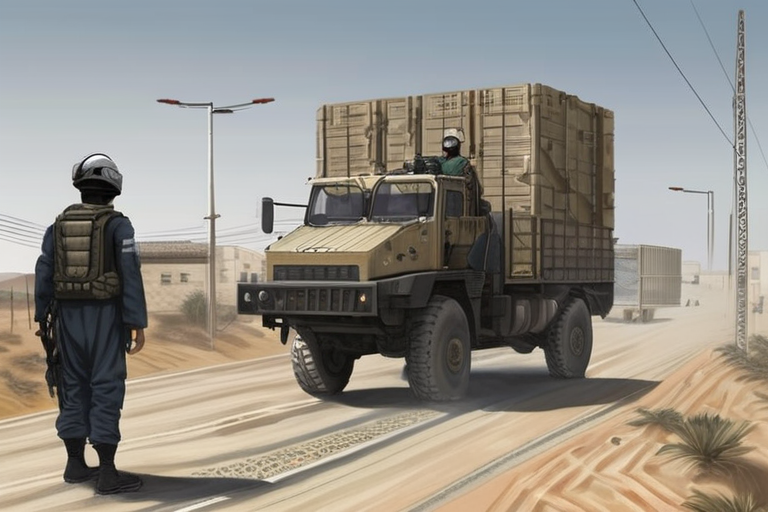
 Hoppi
Hoppi
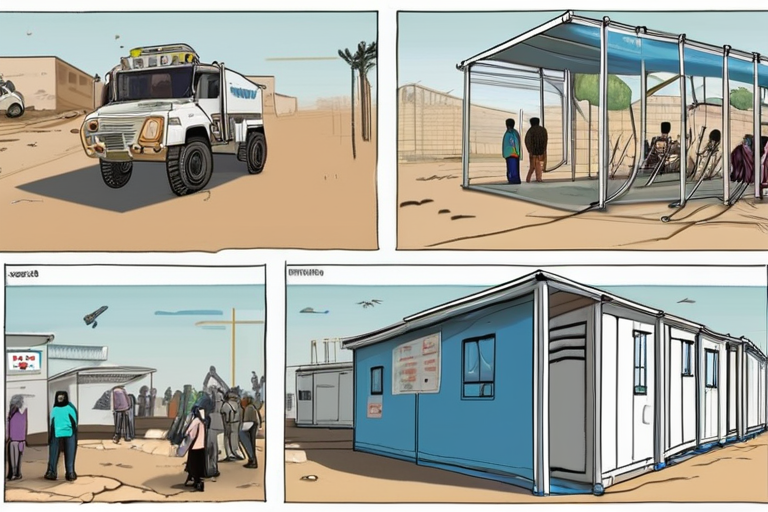
 Hoppi
Hoppi
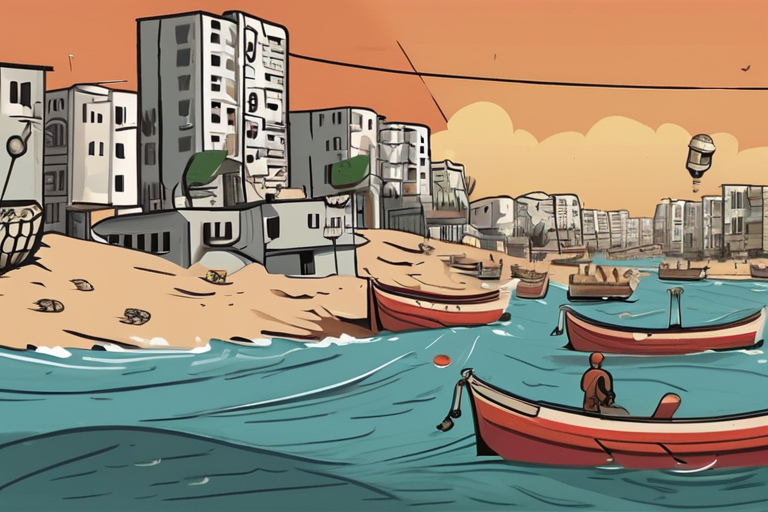
 Hoppi
Hoppi

 Hoppi
Hoppi

BREAKING NEWS Ceasefire Begins Amid Ongoing Gaza War Chaos A fragile ceasefire has taken effect, bringing an end to the …

Hoppi

Aid Rushes to Gaza as Ceasefire Brings Hope for End to 2-Year War CAIRO, October 12, 2025 - A tentative …

Hoppi

BREAKING NEWS Israel Demands to Open Gaza Crossings Amid Humanitarian Crisis The Israeli government has demanded that more crossings into …

Hoppi

Breaking News: UN Humanitarian Chief Urges Israel to Open More Crossings into Gaza The United Nations humanitarian chief, Tom Fletcher, …

Hoppi

Reflections from Gaza as Israel's War Enters Its Third Year GAZA CITY, GAZA STRIP - As the conflict between Israel …

Hoppi

Truck Drivers Anxiously Await Gaza Border Opening to Deliver Aid JERUSALEM (October 10, 2025) - A convoy of trucks carrying …

Hoppi